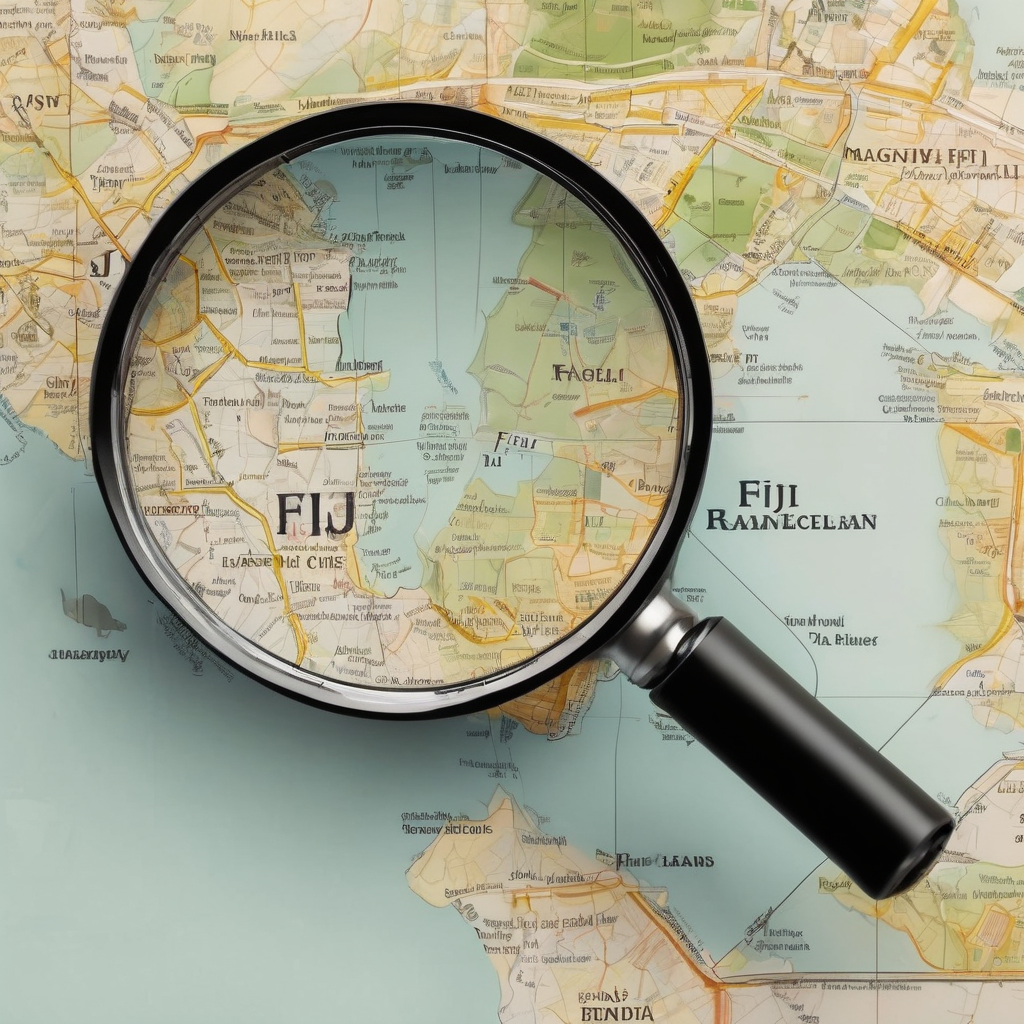The lack of a consolidated and openly accessible database on human rights complaints in Fiji is hindering transparency and accountability efforts, as highlighted by Dialogue Fiji’s executive director, Nilesh Lal. Speaking at a human rights workshop in Labasa, Lal emphasized that regular reports detailing the number of complaints, their sources, and demographic breakdowns would significantly improve public awareness and trust in the system. He pointed out that even if relevant institutions collect data, the public remains unaware due to the absence of a unified database.
Lal stressed the necessity for human rights bodies in Fiji to become more visible and to engage with the public to foster understanding and demonstrate that there are processes in place to handle complaints seriously. He expressed that this visibility and education are essential for building confidence among citizens that their voices and grievances will lead to fair outcomes.
In response to these deficiencies, Dialogue Fiji has partnered with the European Union to bolster documentation and reporting on human rights violations in the country. This initiative includes the creation of a centralized database managed by an independent organization, which will assist in tracking trends and advocating for necessary reforms.
This focus on enhancing human rights accountability aligns with Fiji’s broader goals, which have been underscored by the recent introduction of the National Mechanism for Implementation, Reporting, and Follow-up (NMIRF). Announced by Attorney-General Graham Leung, the NMIRF is a significant step aimed at reinforcing transparency and accountability within Fiji’s governance framework.
The establishment of a Human Rights Taskforce, which includes representatives from various governmental bodies like the Fiji Police, Elections Office, Bureau of Statistics, and the Corrections Service, further complements these efforts. This Taskforce is dedicated to coordinating the nation’s interactions with international human rights organizations and ensuring that Fiji adheres to its international obligations.
With these initiatives, Fiji is not only addressing immediate concerns related to human rights but is also taking significant strides toward establishing a more accountable and transparent governance model, which can ultimately lead to a more just society where every individual’s rights are respected and protected.
